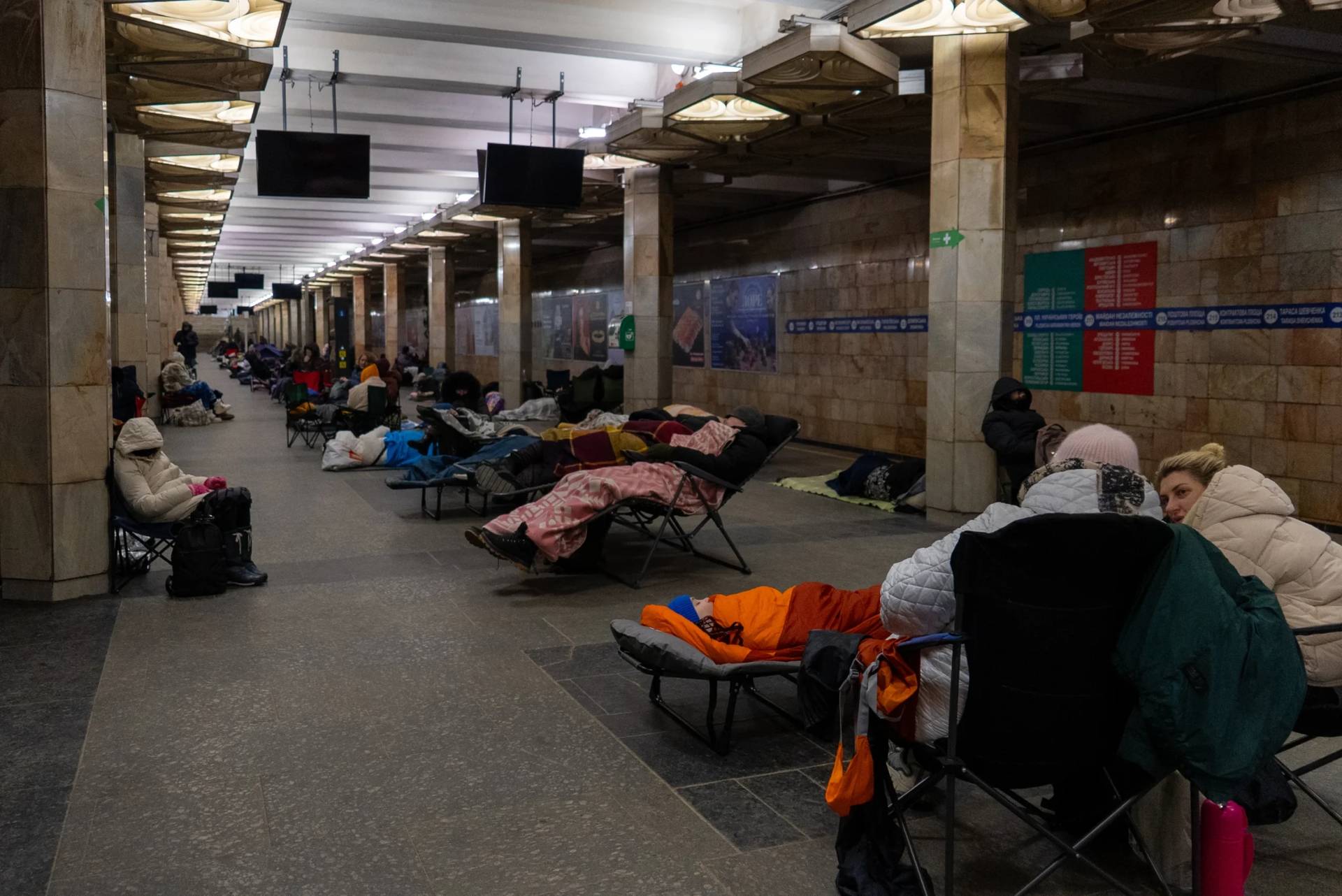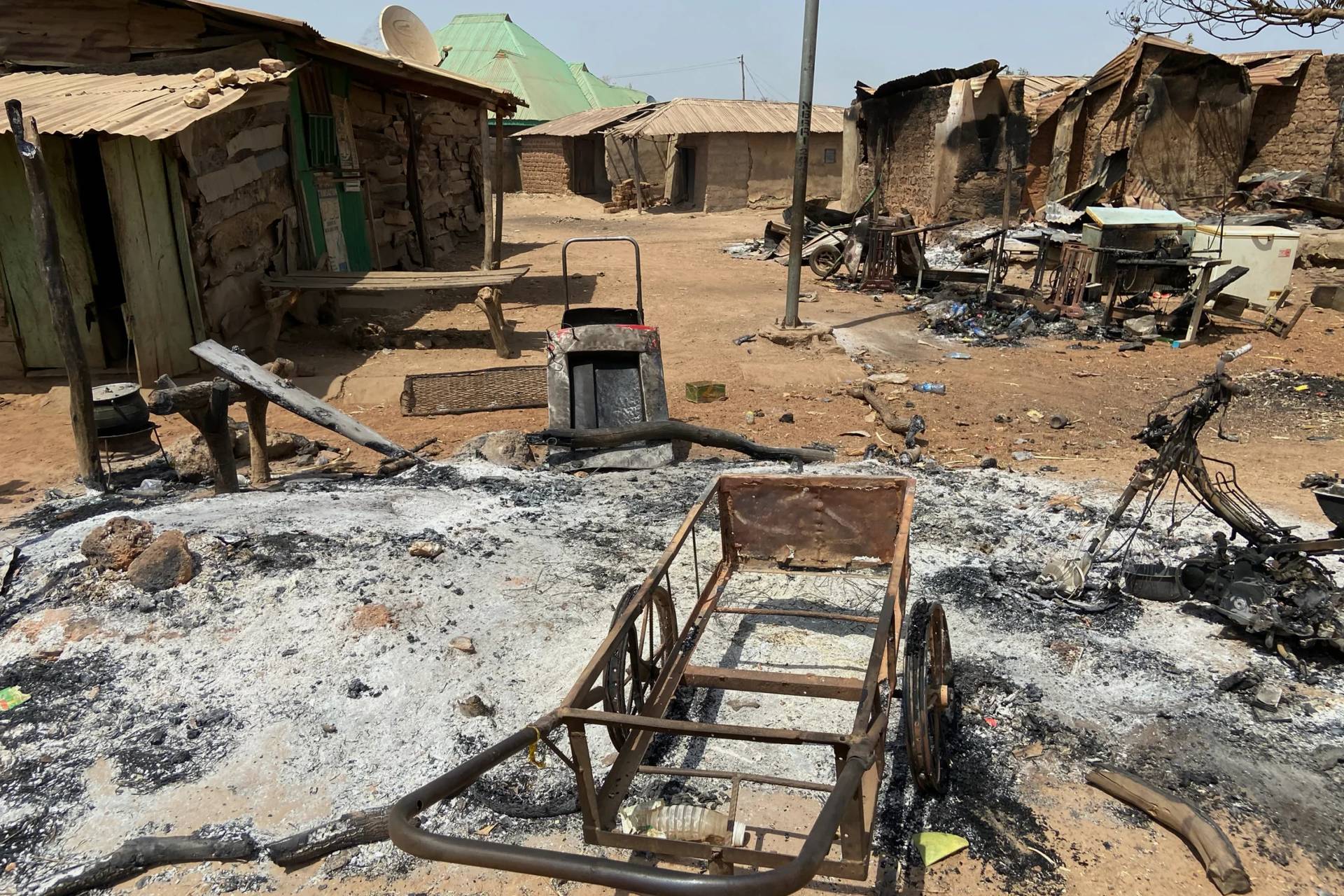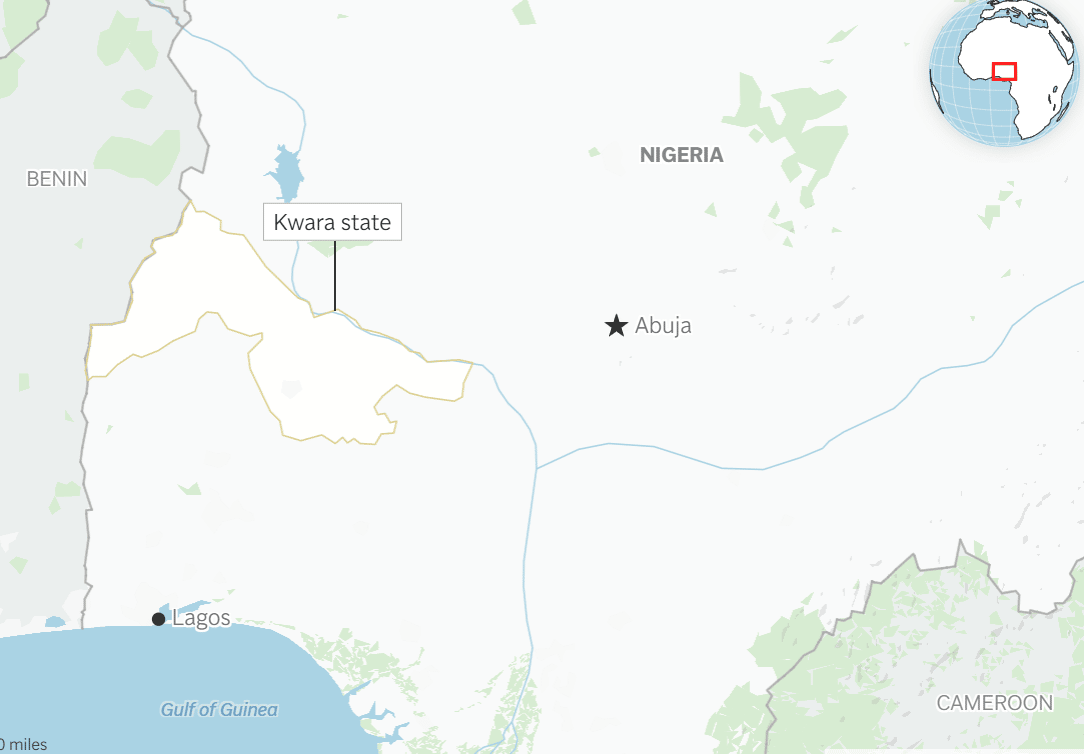As questions swirl around plans to resume public liturgies, hundreds of ministry professionals tasked with implementing those plans gathered online for two weeks of dialogue and training on mission and the sacramental life.
Witness — a virtual edition of the annual meeting of the National Conference for Catechetical Leadership (NCCL) — drew more than 650 registered participants.
“We honestly weren’t sure how this year’s conference would be received because people in ministry have been losing jobs and there’s an overall sense of uncertainty that’s manifesting for each person differently,” Victoria Radleigh Smith, director of mission integration for NCCL, told Crux.
“We were happy to see that the overall tone did shift to one of joy as many spoke of feeling re-energized for where we’re going as a Church and as an organization, and feeling empowered thanks to the new skills they picked up,” she said.
Conference sessions addressed topics such as handling the pandemic’s disruptions to the RCIA process, shifting children’s religious education online and back into the classroom again, and supporting the domestic church.
Receiving more than triple the views of any other session, however, were the headline panel discussions — one in Spanish, one in English — on the past, present, and future of the sacramental life during the COVID-19 era.
Hosffman Ospino, moderator of the Spanish panel and associate professor of theology and education at Boston College, told Crux, “COVID-19 has placed us in a unique position to reassess how we relate to God and others as a sacramental church.”
“While affirming the centrality of the sacraments and the official rituals that bring them to life, this time is an invitation to retrieve the richness of the sacramental dimension that is intrinsic to every other aspect of our daily reality: family life, solidarity, care for the created order, popular Catholicism, the value of work, and even participation in public life,” he continued.
Noting a tendency among Catholics to think about the sacramental life in individualistic terms, Ospino spoke of the crisis as a chance to “re-embrace the communal dimension of our Christian faith” given the core reality that “the sacramental life is about building communion with God and others.”
Joining Ospino for the panel were Boston College theologians Félix Palazzi and María del Pilar Silveira. “The three of us agreed,” Ospina said, “that if returning to some form of ‘normal’ meant returning to an individualized, mainly ritualistic and merely deontological (out of obligation) approach to sacramental life, then we prefer something new, more communal, more dynamic and participatory, more in sync with the vision of the Second Vatican Council.”
Those tuning in for the English-language panel were urged to find ways to share sound Eucharistic theology with their parish communities and heard an assessment of the American bishops’ response to pressures to resume public liturgies.
Father Richard Fragomeni, Rector of Chicago’s Shrine of Our Lady of Pompeii and faculty member at Catholic Theological Union, voiced hope that “we never go back to taking the sacramental life of the church for granted” and encouraged pastoral leaders to view this period of decreased access to the Eucharist as a time to cultivate a “better appreciate of what it means to share in the Eucharistic gift.”
A deeper recognition of the Eucharist as a “communal sharing that we’re engaged in together” where the “transformative power of the Spirit is brought into the very fabric of human biological life” can work to move Catholics beyond a transactional mentality of seeing the Eucharist as “just a private thing between me and Christ,” he explained.
Ellie Hildalgo, pastoral associate at Dolores Mission Catholic Church and School near Los Angeles, connected Eucharistic theology to the domestic church, noting that many families have crafted new ways of living out the call to holiness in their homes during quarantine, but that it will be up to pastoral leaders to help families see that “coming together to receive the Eucharist does help make our households holy” when public liturgies resume.
Addressing questions about what an appropriate timetable looks like for resuming those liturgies, Jesuit Father Tom Reese, senior analyst at Religion News Service, said, “I think it’s very clear that as Christians and Catholics, we have an obligation to protect life, and that’s got to be a priority.”
“For the most part, the American bishops have been very respectful of science, they’ve listened to the public health experts, and are being very cautious here… this is one time I’m kind of proud of the church for moving slowly,” he added.
Looking ahead, Reese noted that the bishops’ ongoing dialogue with both health officials and public authorities has been respectful, but said, “Frankly, I think we should pay more attention to the health experts than the politicians when thinking about this, but I think the bishops are trying to do a good job here.”













